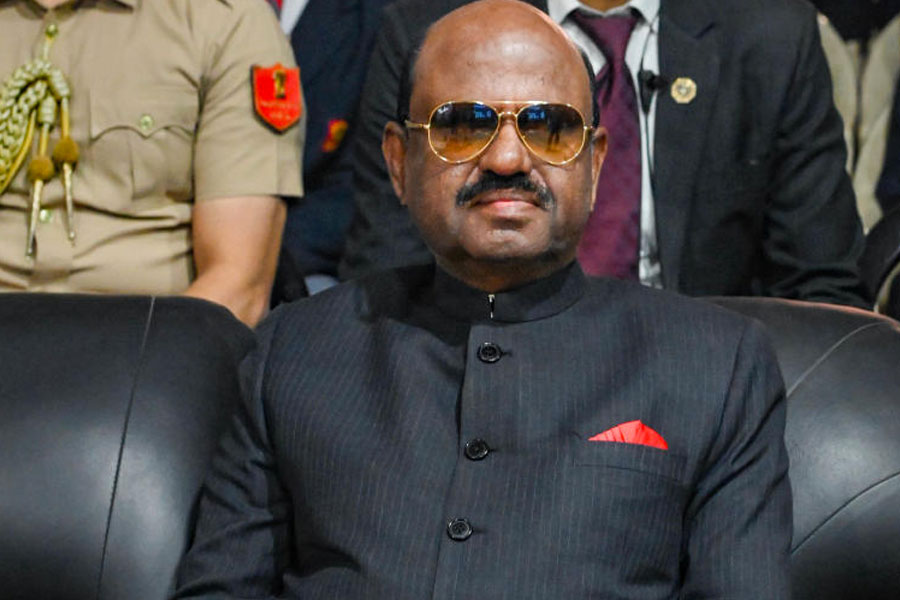Fact and fiction are both littered with examples — from Alexander the Great to Nathaniel Hawthorne’s Dr Heidegger — of people setting out in search of the Fountain of Youth. Few find it; even those who do either suffer grave consequences or return disillusioned. Does the latter have something to do with the fact that the trick to reverse time lies not in some magic water but in a small mathematical sleight of hand? South Korea has shown the world how to do it. All South Koreans have instantly become a year or two younger as the country ditched its traditional — and increasingly unpopular — system for counting people’s age and replaced it with the internationally accepted method. Under the previous system, the country’s citizens were deemed to be a year old at birth, and a year was added to their ages every January 1. The unusual custom meant that a baby born on New Year’s Eve would become two years old as soon as the clock struck midnight.
Humans, of course, cannot get enough of all things young. Even before South Korea found a way of turning the clock back, age-defying strategies — from botox, facelifts and hair implantations to more bizarre plans like injecting the blood of teenagers into geriatrics to the slightly nauseous option of bottling snail mucin and then slathering it on the face to wipe out the fine lines of age — have been a dime a dozen. Although ageing and ageism are universal, the burden of eternal youth is placed on the shoulders of only one of the sexes. For instance, research has found — repeatedly — that women experience societal pressures to dress and look “youthful, thin, unwrinkled and non-grey-haired” and suffer a loss of respect as they grow older: one study even shows that women stop celebrating their birthdays after a certain age. The elusive promise of eternal youth has found a modern ally in the market forces. Given the increasing life spans worldwide, people are being nudged to vigorously rub creams and buy sundry, often dubious, cosmetic products in a bid to crack the secret codes of agelessness. Little wonder then that the global anti-ageing industry is poised to expand even amidst the lengthening shadow of economic slowdown.
Should other nations try and emulate South Korea’s ‘triumph’ against time? They may have attempted to do so had the gains been substantial. The tweak on the calendar means that men and women in South Korea have become younger — but only by a year or two. That is far too less to fill the bottomless pit that is, in effect, the desire for youth. Father Time, as Tithonus — the Trojan who achieved immortality but not eternal youth — found out, always has a way of tilting the scales back in his favour.










